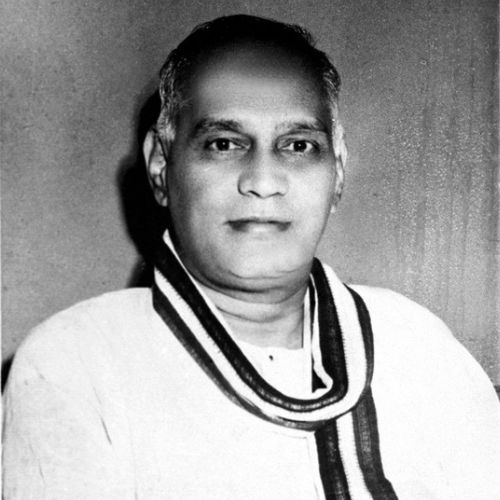Early Life
Kala Venkata Rao was born on 7th July 1900 in Mukkamala in present-day Andhra Pradesh. Rao began studying for his B.A. at Maharaja College, Vizianagaram in 1917. However, he was expelled for publicly criticizing the British. He then shifted to Noble College, Machilipatnam to complete his degree. Rao left Noble College after becoming inspired by Mahatma Gandhi’s call to boycott educational institutions as part of the Non-Cooperation movement.
Role in India’s Independence Movement
After leaving his studies, Rao enthusiastically participated in the freedom struggle. He organised the Salt Satyagraha movement in the East Godavari District. Rao was arrested for drafting the Kurnool circular during the Quit India movement of 1942, which encouraged Indians to practice civil disobedience and non-cooperation to frustrate British authorities.
An active participant in local politics, Rao became Secretary of the District Congress Committee in 1931. He was elected to the Provincial Assembly from Amalapuram twice, in 1937 and 1946, and also held cabinet posts. He later became the Secretary of the All India Congress Committee from 1949 to 1951.
Contribution to Constitution Making
Rao was elected to the Constituent Assembly from the Madras constituency on a Congress party ticket. He intervened in the debates on the right to property and the issue of abolition of the Zamindari system.
Later Contributions
Rao was a member of the Partition Committee constituted by the Madras government in 1949, which was created to deliberate on the creation of a new Andhra state. In 1953, he was elected to the Legislative Assembly of the newly-created Andhra state.
Rao spoke in favour of abolishing the Zamindari system, arguing that the right to property did not apply to Zamindars, due to the manner in which they had acquired their land.

